Standing With the Oppressed
BAK’s digital forum Prospections, provides—via its emergency focus “Standing With Ukraine.
Standing With the Oppressed”—an ongoing publication of material such as texts, documentation, and live online events that offer context and insights to radical resistance to the war on Ukraine, and to ways of participating in solidarity with the oppressed, by means of publishing contributions by Ukrainian culture workers as well as a broader constellation of voices from anti-war and anti-imperial struggles across the world. This is a humble framework to think along with, develop, learn from, and support the work of artists, thinkers, and activists in this time of emergency.
Related
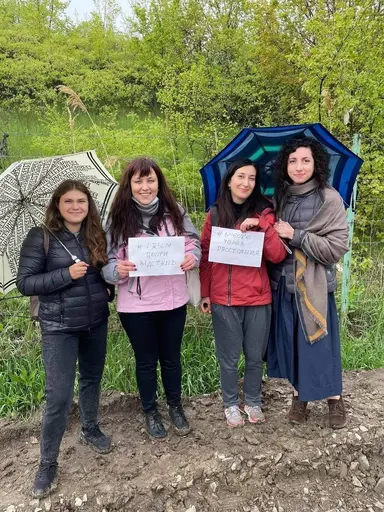
For Prospections “Standing With Ukraine. Standing With the Oppressed,” feminist, social researcher, and peace activist Nina Potarska has kindly given us permission to republish her 2016 text “Maidan and After: State of the Ukrainian Left.”
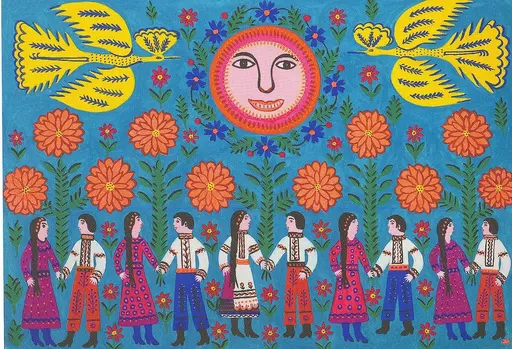
Oleksiy Radynski writes on the fifth day of war from a suburb of Kyiv for a case against the Russian Federation.
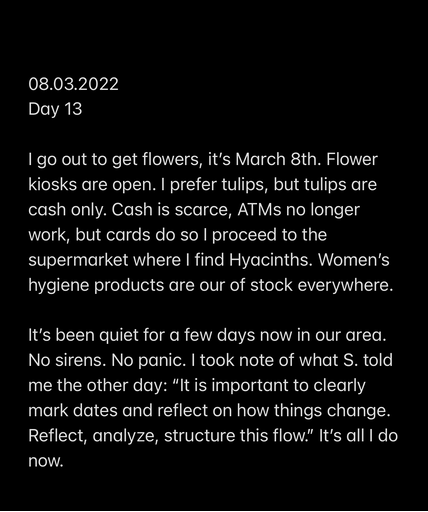
It is the thirteenth day of the Russian invasion of Ukraine. Researcher and art historian Asia Bazdyrieva remains in Ukraine, south of Kyiv with her family. She has shared a diary entry on Instagram for every day of the war so far. Here is her entry for Tuesday 8 March 2022—also International Women’s Day—republished above as images, and below as text-transcript with kind permission of the author.
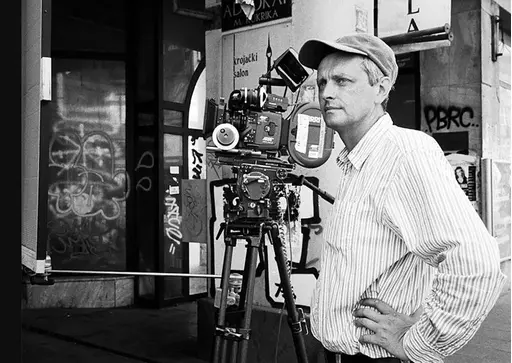
What follows is a makeshift reading (and listening) list of what we believe are relevant articles and interviews that give historic context on the invasion of Ukraine and how we at BAK—and a broader international left opposing this and all wars—can express solidarity and exert political pressure right now.
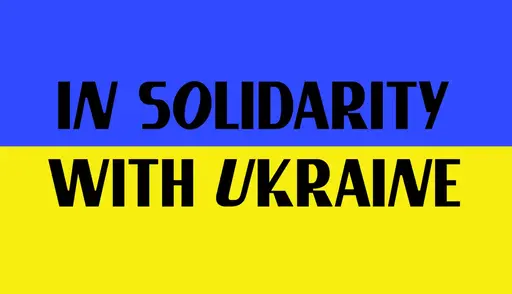
We at BAK, basis voor actuele kunst, Utrecht, condemn the brutal military invasion of Ukraine, launched by Vladimir Putin.
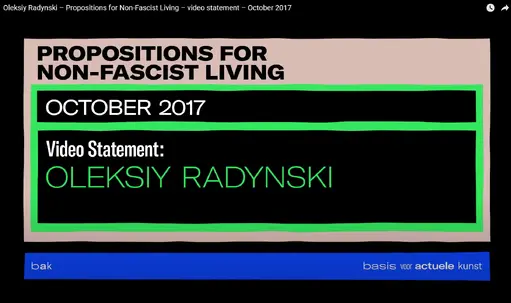
Within the long-term research itinerary Propositions for Non-Fascist Living (2017–2021), BAK asked artists, philosophers, scholars, and activists from multiple (political) geographies facing contemporary fascisms how they engage with the question of what constitutes non-fascist living.